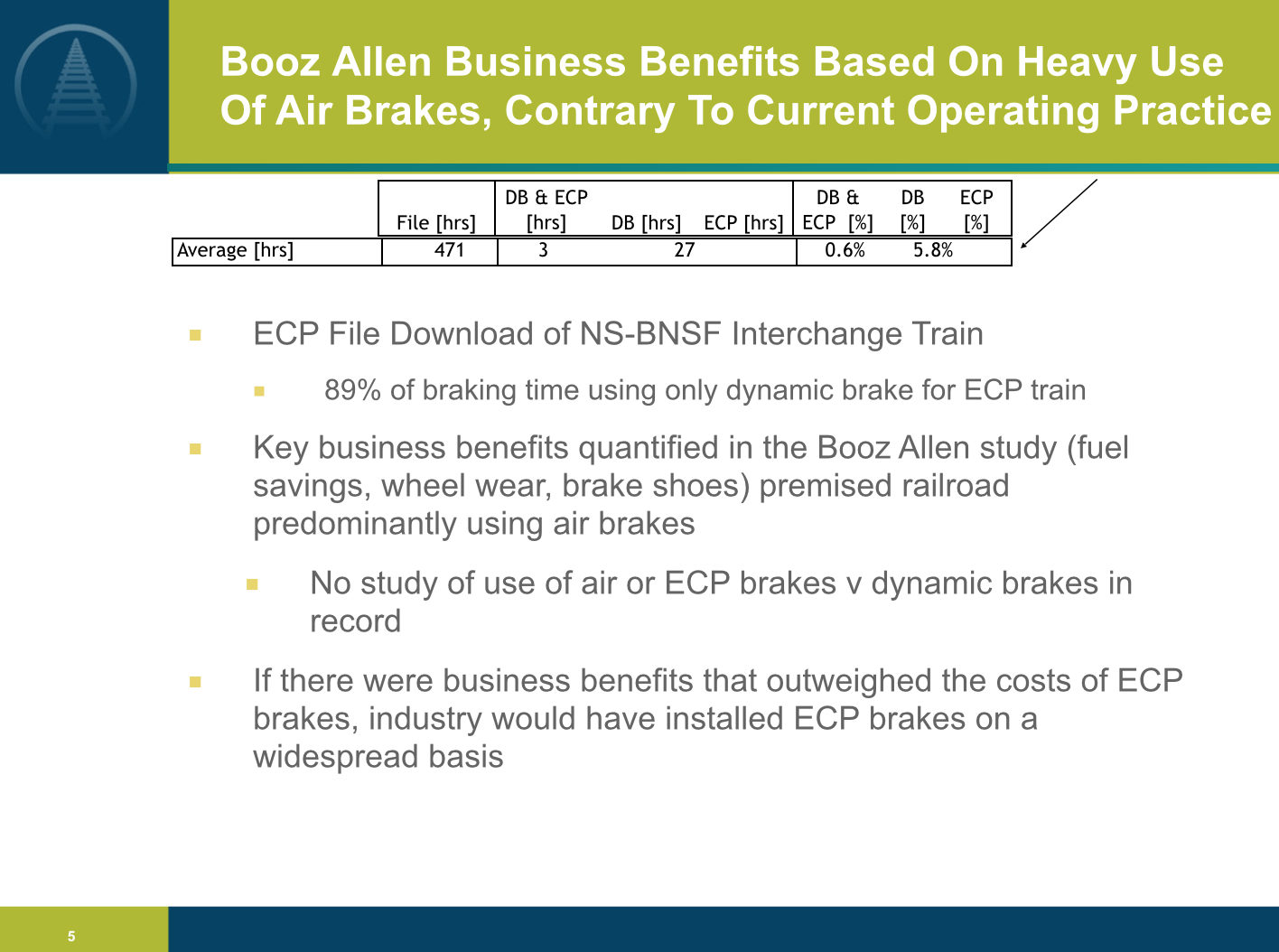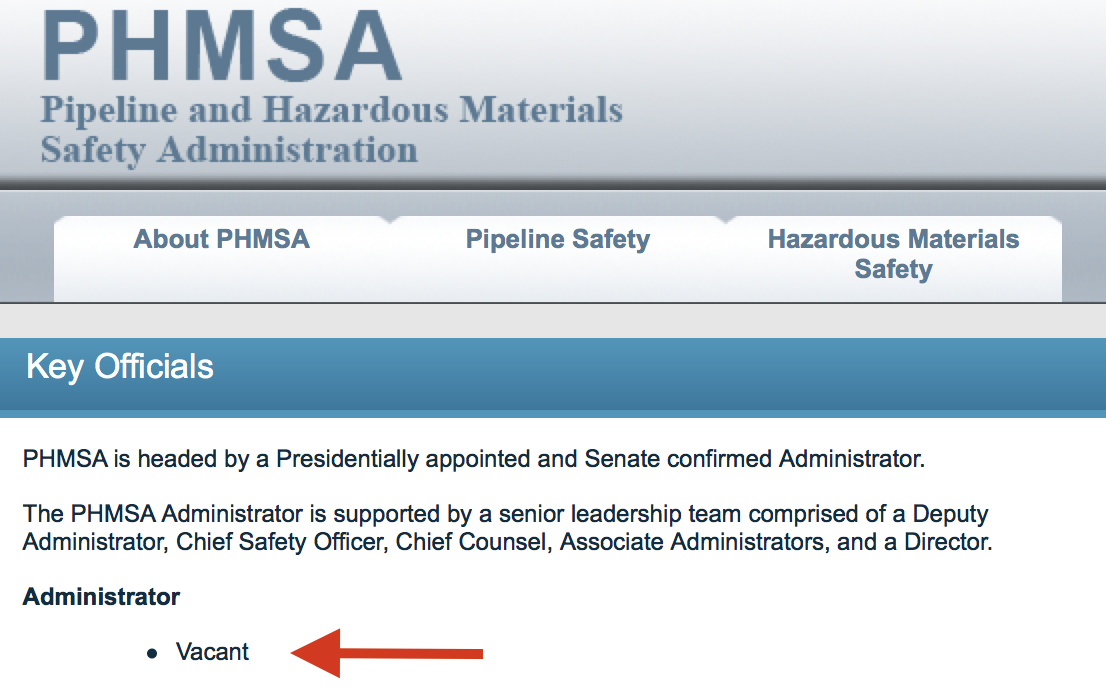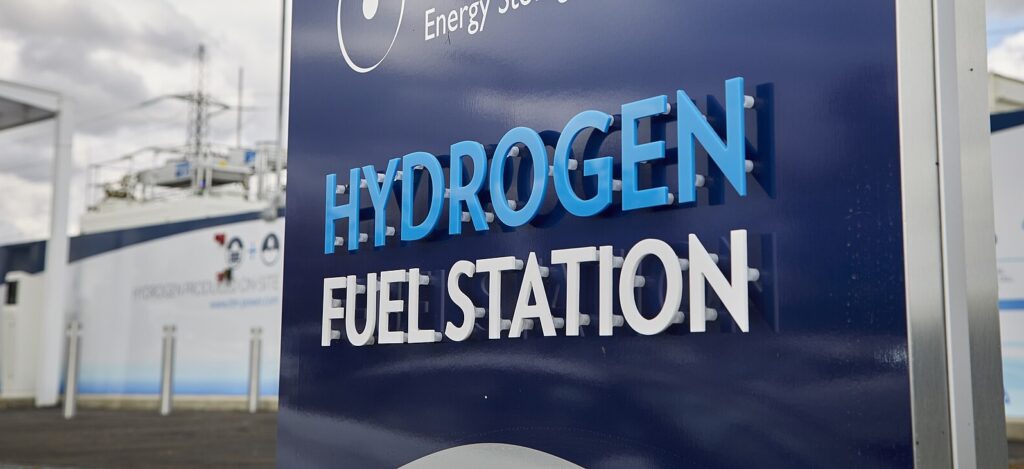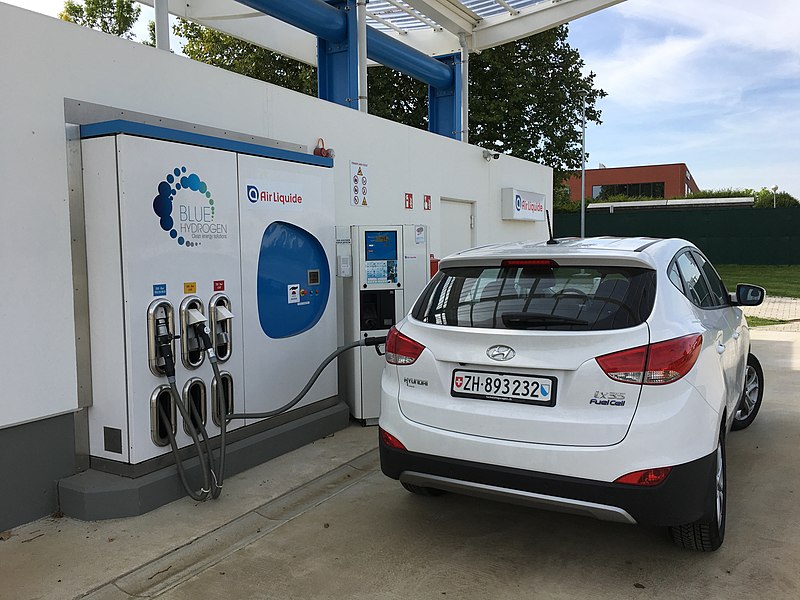In case you were wondering how industry-friendly the federal government is becoming, look no futher than Representative Jeff Denham (R-CA), chair of the Congressional Subcommittee on Railroads, Pipelines, and Hazardous Materials. He recently opened a hearing on pipeline and rail regulations with the following sentiment:
“Regulation has grown significantly in recent years and so we are here to ask stakeholders about the impact and burden of regulation on their businesses and ways to ease the burden without compromising safety.”
Now a “stakeholder” is defined as “a person with an interest or concern in something.” Yet the only people testifying at this hearing were five people representing industry and one representing rail labor.
There was no one representing the millions of people who live near railroad tracks and pipelines that will be impacted by the easing of regulations on safety and the environment. No one to talk about possible environmental impacts. The burdens of those communities don’t appear to concern Rep. Denham.
As previously reported on DeSmog, Denham has used his position to support industry efforts to avoid oil-by-rail regulations before. His latest approach in the Trump era should not come as a surprise. In early 2015, Denham, in a hearing on implementing new safer oil tank cars, repeatedly advocated pushing back the timeline for industry being required to use a safer version of rail tank cars.
Denham made his preferred approach clear, saying, “I just want to make sure that we are all singing the same tune that we have a very safe industry and we want to work together on improving that industry.”
‘Allow the railroad industry to keep more of their profits’
Two years later, as the Trump administration starts rolling back regulations, Denham now is asking “stakeholders” — or, members of the industries being regulated — how regulators can ease the burden of regulation around rail and pipeline safety.
At this oil-by-rail hearing, some of those stakeholders were representatives from Burlington Northern Santa Fe (BNSF), the leading oil-by-rail company, and the American Petroleum Institute (API), an oil and gas industry lobbying group. Anyone care to guess what they recommended?
One hint comes from Rep. Bill Shuster, who advocated that government should “allow the railroad industry to keep more of their profits.”
What business doesn’t want to keep more of its profits? But what those businesses do with that money is another question. Shuster’s logic is that if the rail industry gets to keep more of its profits, then those profits will — of course — be reinvested in safety.
A major problem with this concept is found in the history of the rail industry, which has been fighting against using safety measures such as modern electronically controlled pneumatic (ECP) brakes, positive train control, and speed limits. Its opposition is based on the idea that the costs of these proven safety technologies and the regulations that would require them outweigh the benefits.
ECP brakes are an excellent example of this. The rail industry lobbied against this proven safety technology in a presentation from the Association of American Railroads to federal regulators, saying, “If there were business benefits that outweighed the costs of ECP brakes, industry would have installed ECP brakes on a widespread basis.”
The rail industry has made clear that its preferred approach is only to spend money if it will make more money, which it referred to here as “business benefits.” But that isn’t how safety works.
A New Era of Performance-Based Regulation
Prepare to hear a lot about “performance-based regulation” in the Trump era. Members of Congress and the industry representatives testifying before the Subcommittee on Railroads, Pipelines, and Hazardous Materials on April 26 couldn’t use the phrase enough. And they all were in universal agreement that performance-based regulation is the preferred approach.
According to a 2002 paper from Harvard’s Kennedy School of Government, performance-based regulation is “when a regulation sets performance goals, and allows individuals and firms to choose how to meet them.”
Allowing firms to choose how to achieve safety and environmental “goals” sounds a lot like self-regulation. The other primary option is known as “prescriptive regulation,” which involves regulators setting specific requirements and guidelines for an activity that industry has to follow. The tone of the hearing made it clear that prescriptive regulation was a problem.
To make this point Rep. Denham lobbed the panel of industry representatives a softball question.
“I’d like to ask you all what you think the most effective approach to regulation is — performance-based regulations or prescriptive based regulations?” he said.
It would be interesting to know who wrote that question because Denham was clearly reading what would seem to be a rather simple question.
BNSF’s representative at the hearing was Roger Nober, who currently serves as part of the company’s executive leadership team. Prior to joining BNSF, however, Nober was the chairman of the Surface Transportation Board (STB) — a position to which President George W. Bush appointed him. The STB, an independent government agency, is one of the agencies that regulates the rail industry.
“Well, at BNSF and in the rail industry, I think we strongly believe that ultimately performance-based regulations mirror the way that we operate our company,” Nober said at the congressional hearing.”By and large we think for safety performance overall that performance-based regulations are the way, should be the way that we measure things.”
Nober’s comments were very similar to those of Robin Rorick, group director of midstream and industry operations of the American Petroleum Institute.
“Generally as an industry, we believe that performance-based regulations are much more effective particularly with regards to safety,” Rorick stated. He also pushed the idea of performance-based regulations in his opening remarks at the hearing.
In fact, all six members of the testifying panel supported performance-based regulations.
Yet in the Harvard paper on performance-based regulations, the authors, while acknowledging the promise of this approach, also noted that “when implemented in the wrong way, or under the wrong conditions, performance-based regulation will function poorly.”
BNSF’s Nober also acknowledged the limitations of performance-based regulations.
“It’s hard to do, there is no question about that, it’s more difficult to measure and regulate on a performance basis than it is to regulate based on what we would call command and control,” he said.
So, a former regulator and now top legal executive at BNSF says performance-based regulation is harder to do than the existing regulatory approach. Yet he and the representative from the American Petroleum Institute agree it will improve safety.
In an environment promoting more difficult and yet more industry friendly (if not industry led) regulation, it would seem that if safety were a priority, the regulatory agencies should be looking to receive extra support from the Trump administration.
However, the top job at the Pipeline and Hazardous Materials Safety Administration (PHMSA), responsible for both pipeline and oil-by-rail regulations, remains unfilled.
And it isn’t just the top job that remains vacant. In April, PHMSA Associate Director Alan Mayberry announced via email to agency staff, “We have a couple of critical positions which have remained unfilled. We are making some personnel moves to fill those positions.” But those personnel moves amounted to shuffling around existing employees, not hiring new people.
While it is clear that the Trump administration likely will weaken regulations and essentially let industry call the shots, it also is worth noting that the Obama administration wasn’t doing a great job in this area either. In 2014 PHMSA reduced its workforce by 9 percent, with a round of job cuts.
Rep. Jackie Speier (D-CA) has been trying for years to get new pipeline safety regulations from PHMSA. She has expressed her frustration with this process multiple times in Congressional testimony.
At one point she said, “The system is fundamentally broken,” and that, “PHMSA is actually a toothless kitten, a fluffy industry pet that frightens absolutely no one.”
This is one of the agencies the Trump administration and Congress want to weaken — all the while claiming safety is a top priority.
Singing Industry’s Tune
Of course, this approach isn’t limited just to PHMSA. With the recent dismissal of scientists on the Environmental Protection Agency’s (EPA) Board of Science Counselors, a similar pattern is emerging in which government is giving “stakeholders” a seat — if not all the seats — at the table.
J. P. Freire, spokesperson for the EPA, explained to The New York Times who would be replacing the dismissed scientists.
“The administrator believes we should have people on this board who understand the impact of regulations on the regulated community,” he said. The current EPA administrator, Scott Pruitt, was a regular industry advocate (and denier of climate change science) in his previous role as Oklahoma Attorney General.
While regulatory changes take time and inevitably face legal challenges, the U.S. has entered a new era of industry self-regulation.
During the Obama administration, Rep. Denham wanted to make sure everyone was singing the same tune about the “very safe” rail industry, and Congress certainly did its best to weaken any real regulation of the oil-by-rail industry. But in the Trump era, not only will Congress be singing the same tune, but we can expect that tune to be written by the industry and its lobbyists.
Main image: Railway turnouts. Credit: DJ Sturm, CC BY–SA 3.0
Subscribe to our newsletter
Stay up to date with DeSmog news and alerts









